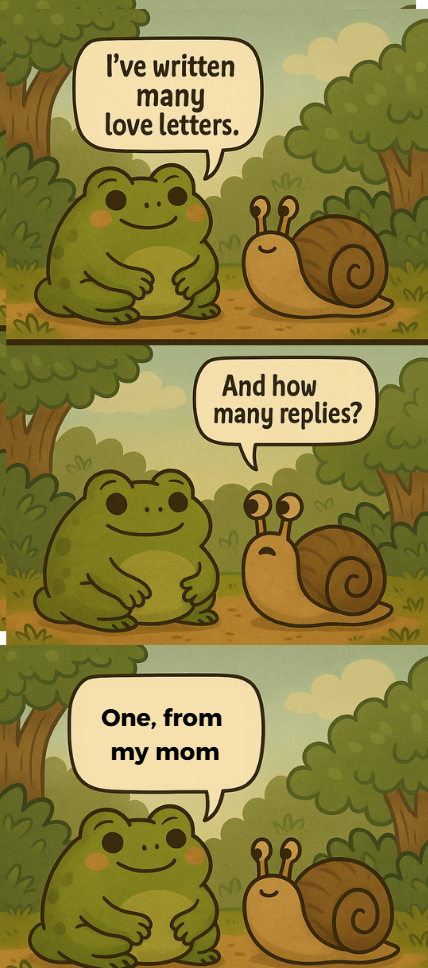🎯 Obiettivo della lezione
In questa lezione imparerai a usare a lot of, much e many 📖 per parlare di grandi quantità. Capirai quando usarli 🧠, in quali frasi ✍️ e farai subito pratica reale! 🚀
🌟 Cosa significano “a lot of”, “much” e “many”?
Tutti significano tanto, molto/i/e ➡️ parlano di quantità abbondanti! 🛒 Ma si usano in situazioni diverse, a seconda del tipo di nome.
🔍 Come si usano?
A LOT OF (molti, molto)
- Si usa con tutti i nomi (numerabili o non numerabili).
- Va bene sia in frasi positive, sia in negative o domande.
Esempi:
- She has a lot of homework. ➔ (Lei ha molti compiti.) 📚
- There are a lot of people here. ➔ (Ci sono molte persone qui.) 🧍♂️🧍♀️
MUCH (molto)
- Si usa solo con nomi non numerabili.
- Preferibilmente in frasi negative o domande.
Esempi:
- I don’t have much time. ➔ (Non ho molto tempo.) ⏳
- Is there much sugar left? ➔ (C’è ancora molto zucchero?) 🍬
MANy (molti)
- Si usa solo con nomi numerabili plurali.
- Preferibilmente in negazioni o domande.
Esempi:
- There aren’t many students today. ➔ (Non ci sono molti studenti oggi.) 🏫
- Are there many shops in this area? ➔ (Ci sono molti negozi in questa zona?) 🏪
🧩 Schema riassuntivo – A lot of / Much / Many
| Parola | Nome numerabile/non numerabile? | Frasi positive/negative/domande | Esempio |
|---|---|---|---|
| A lot of | Entrambi | Frasi positive, negative e domande | I have a lot of friends. 🧑🤝🧑 |
| Much | Non numerabili | Negative e domande | Is there much water? 💧 |
| Many | Numerabili | Negative e domande | Are there many books? 📚 |
❓ Dubbi basilari chiariti
- Posso usare “much” in frasi positive?
✔️ Sì, ma è raro e più formale (es: There is much to do). - Posso usare “a lot of” in domande?
✔️ Sì, ma “much” e “many” suonano più naturali nelle domande. - Come capisco se un nome è numerabile o non numerabile?
✔️ Se puoi contarlo uno per uno (studenti, auto, libri) ➔ numerabile.
✔️ Se non puoi separarlo facilmente (acqua, tempo, latte) ➔ non numerabile.
🚫 Errori comuni da evitare
- ❌ There is many milk. ➔ ✅ There is much milk.
- ❌ Are there much people? ➔ ✅ Are there many people?
- ❌ I have much friends. ➔ ✅ I have a lot of friends.
✅ ESERCIZI – Metti in pratica quello che hai imparato!
🧠 L’unico modo per fissare davvero una regola? Allenarti!
- ✍️ Scrivi 5 frasi con “a lot of”, “much” o “many”.
- 🌍 Poi traduci 5 frasi complete dall’italiano all’inglese. (Queste 5 frasi da tradurre sono fondamentali per l’apprendimento reale della lingua!)
